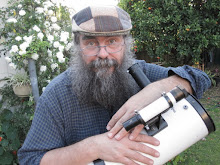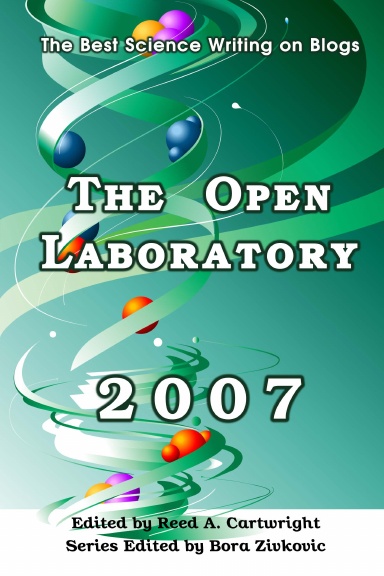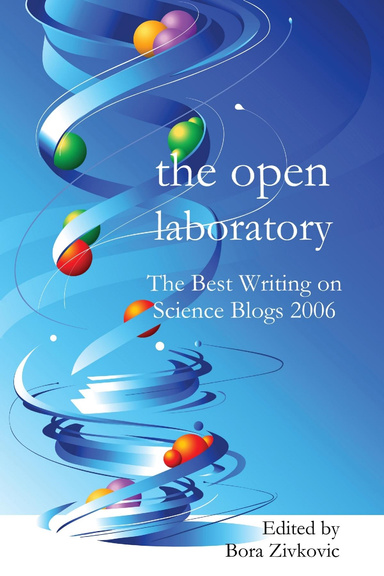Sunday, January 03, 2016
Morning Planet and Moon Dance 4 January - 9 January, 2016
If you are up early in the morning over the next week the morning sky will delight you. On Monday morning the cresecnt Moon is below Mars, and close to the horizon Venus and Saturn form a triangle with the bright red star Anatres. Venus is in the head of the constellation of the Scorpion, almost on top of the brightish star nu Scorpii.
Over the week the crescent Moon heads for the pair of Venus and Saturn, and Venus comes closer to Saturn. On Thursday the 7th The crescent Moon is close to Venus, Saturn and Antares. This will be a wonderful astrophotography target, as well as being beautiful to see.
Binocular and telescopic view of Venus and Saturn on the morning of the 9th. The large circel is the field of view of 10x50 biinoculars, the medium circle the FOV through a 24 mm eyepiece of a 114 mm Newtonian reflector, and the small a 18 mm eyepiece.
On Saturday the 9th Saturn and Venus are at their closest. If you have a telescope which can aim low to the horizon, you will see both Saturn and Venus together in wide field and medium power eyepieces.
The pair form a very narrow triangle with Anatres, and again will look very nice in the morning. Unless you have a very level, unobstructed horizon, the best time to look is bit before an hour before sunrise.
Labels: astrophotography, Conjunction, Mars, Moon, Saturn, Venus








 Click to read about or order
Click to read about or order Click to read about or order
Click to read about or order Click to read about or order
Click to read about or order Click to read about or order
Click to read about or order




